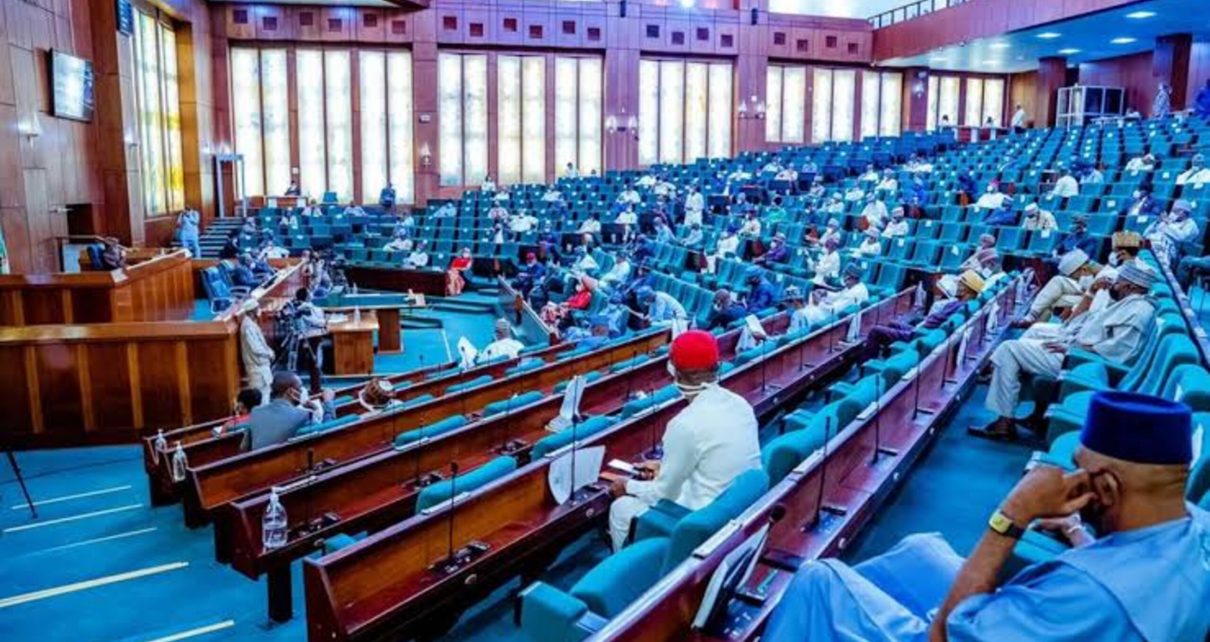In a groundbreaking move, approximately 60 members of the Federal House of Representatives have embarked on a mission to reshape Nigeria’s governance structure. These lawmakers are pushing for a shift from the current presidential system to the parliamentary system of government. Led by Wale Raji, a prominent legislator representing Lagos State under the All Progressives Congress (APC), this group aims to address critical issues such as reducing the cost of government and fostering robust policy debates.
Speaking to reporters, Raji emphasized the need for a more efficient and accountable system. He stated, “Our country faces significant challenges, and we believe that transitioning to a parliamentary system will enhance governance. It will allow for greater collaboration among elected representatives, leading to better decision-making and responsiveness.”
The proposed amendments to the 1999 Constitution seek to dismantle the existing presidential framework and reintroduce the parliamentary model. Under a parliamentary system, the government is run by the parliament, with the prime minister as its head. This change would significantly alter the balance of power, placing more authority in the hands of legislators.
Nigeria previously operated under a parliamentary system during the First Republic (1960–1966). During this period, the country experienced relative stability and effective governance. Advocates argue that returning to this model could reinvigorate democratic processes and promote inclusivity.
The proposed transition from a presidential system to a parliamentary system in Nigeria carries significant implications for the nation’s governance. Let’s delve into the key points:
- Cost of Governance Reduction:
- The parliamentary system tends to be less expensive than the presidential system. By eliminating the need for a separate executive branch (President and Vice President), the government can save on salaries, administrative expenses, and other costs.
- This shift could free up resources for critical areas such as infrastructure, education, and healthcare.
- Accountability and Responsiveness:
- Under a parliamentary system, the executive (Prime Minister) is directly accountable to the legislature. This fosters greater responsiveness and ensures that decisions align with the will of elected representatives.
- The system encourages robust debates and informed decision-making through stakeholder consultations and expert analyses.
- Power Distribution:
- The balance of power shifts from a strong executive (President) to the legislature (parliament). This decentralization can lead to better checks and balances.
- The Prime Minister, as head of government, relies on the confidence of the majority in parliament. If the government loses this confidence, it can be replaced swiftly.
- Inclusivity and Coalition Building:
- Parliamentary systems often result in coalition governments, where multiple parties collaborate to form a majority.
- This encourages inclusivity, as smaller parties have a role in governance. It also prevents a single party from monopolizing power.
- Historical Context:
- Nigeria operated under a parliamentary system during the First Republic (1960–1966). Advocates believe returning to this model could reinvigorate democratic processes and promote stability
- Constitutional Amendments:
- The proposed transition requires broad consensus and approval from both chambers of the National Assembly.
- Public awareness and engagement are crucial to garner support from citizens.
The move toward a parliamentary system aims to enhance efficiency, accountability, and cost-effectiveness in Nigerian governance. However, it faces challenges and requires thorough deliberation to ensure a successful transition.


